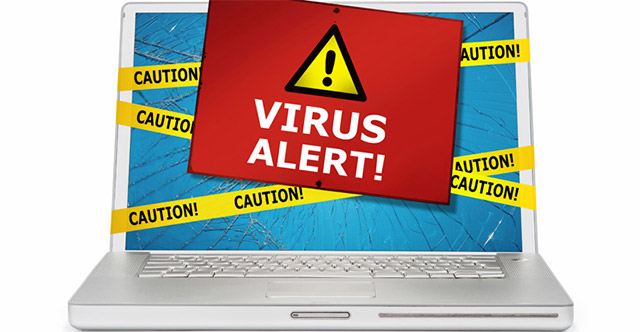Why is the security tool only quarantined rather than deleting infected content?
Detecting viruses or malware on your computer system is never an enjoyable experience, but in fact, this still happens every day, and that's why it is used. Using security software and tools has never been excessive.However, if you pay close attention, usually anti-virus software will only isolate malicious files but rarely proceed to completely remove them from your computer, why is that?
For the general psychology of most users, when we find that a certain content of ours is infected with a virus or malicious code, we will want to immediately delete it from our computer.But security software (Antivirus or Internet Security software) will often not delete these content, but instead will put them in the quarantine list, meaning that the content will still exist on the system. Your system, but will be zoned to make sure the virus and malicious code do not continue to infect other areas as well as harm your computer.

This is also one of the common questions on technology forums in general and computer security communities in particular.Please cite here the most typical question of a user on howtogeek technology page as follows:
'Why do anti-virus software only isolate viruses and malware instead of erasing them completely?I think that deleting would be better to ensure the computer is absolutely safe as well as giving the user a sense of peace of mind.And if so, how can I manually delete the quarantined items? '
For this question, two of the leading computer security experts, Julie Pelletier and Mokubai, have come up with answers that are quite similar to each other as follows.
According to Julie Pelletier, antimalware applications will usually only apply one option, which is quarantine.This option is usually used by default for two reasons:
The first is that the quarantined content will be retained for use as a precaution in case of mistaken detection of a virus or malicious code on those files, although this is very rare. out, but not impossible.The wrong detection of a virus-infected content can appear on any security software, as well as on many different legitimate application files and drivers.
The second reason is that retaining malicious infected files will help security software, or rather, developers can learn and investigate more deeply about the virus / malicious code. infected, thereby providing more effective solutions for current and defensive in the future.The fact that a certain virus or malware has an identifier that matches a known type does not mean that they are identical, they actually still have their own unique characteristics.That's why it's important to isolate viruses / malware for research and analysis.
Meanwhile, according to security expert Mokubai,if the virus or malware has been embedded or spread into important files in your system, such as Word documents or other important text files. , complete deletion will not be an optimal solution based on the user's perspective.By doing this, it means deleting all important Word or text files on your computer.Meanwhile, isolating these files will give users the opportunity (though very dangerous) to recover the contents of the infected file for use when needed.

From the answers of the top two security experts, please be assured that the security software is still on the right track, and of course developers always want to bring the best benefits. for users.However, it is something we need to do to provide feedback and suggestions to developers so that they have improved and remedial methods.
Wish you build yourself a strong security system!
See more:
- What to do if your computer has a virus?
- Why you don't need to scan for viruses manually
- 3 ways to check if anti-virus software on PC is working?
- 14 most effective anti-spyware software
You should read it
- ★ Besides Windows Defender, should users install other anti-virus and anti-malware software?
- ★ Can anti-virus software detect and remove all malware?
- ★ How to choose antivirus applications for Windows and Mac
- ★ How do I know if a file is mistakenly identified as containing malicious code?
- ★ Why you don't need to scan for viruses manually